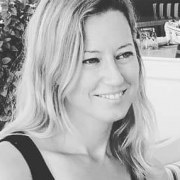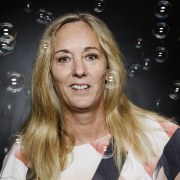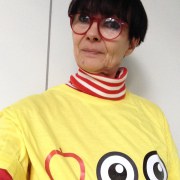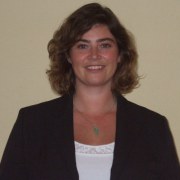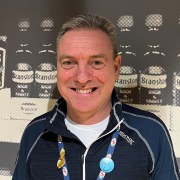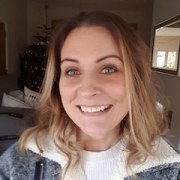Inclusion: aligning strategy and practice
Inequity in science will not resolve itself! An obvious place to counteract inequity is the open and including environment of science centres and museums. However, some of these institutions, influenced by norms and traditions in the societies around them, have entrenched science education practices that directly or indirectly get in the way of inclusion.
We will zoom in on real-life cases of inclusion initiatives at the management or education level that have been helped or hindered by institutional practices and our panelists will share their reflections on how to resolve misalignments between intentions and actions to strategically move towards more inclusive institutions.
More about this session: These snapshots will be narrated by staff members from different centres and museums, with different target demographics. From these testimonials, we will draw out ideas, challenges and questions for the panel of experienced management-level staff.
Facilitator
Department of Science Education, University of Copenhagen
Session legacy
Capital Project and the Community Programme
When funding becomes available it does focus the mind. When funding is secured it means change and real change that can make a difference. To make the big difference it is important to get everyone's buy in. Its never easy to get everyone on the bus. It takes time.
Sometimes for communities, exploring science isn't the only thing and maybe for them its a secondary thought. Welcoming a community and supporting them to be a community can be powerful. Sometimes we can support the community first by enabling them to use our venue. Its not just about science capital its also about cultural capital.
Individuals visit our museums and science centres however if you ask the communitity leaders 'does their community visit?' You might be surprised by their response. Don't assume you know.
Session speakers
Programme Manager - International Relations and Learning
Case: We have worked on gender inclusion for some years now at Experimentarium and despite the best intentions our work is often project or case-based and has the risk of dying out once the project ends. I do see changes taking place and people’s will to address inclusion becoming far more evident and will give short examples of this, but also address some of the challenges we have encountered when struggling to make such an initiative a ‘cultural’ change within Experimentarium.
Head of Communications & PR
Case: Diversity, inclusiveness and equity from an inside point of view, this is what I will share and discuss. Why it is (sometimes) easier to act for the audience than to consider our own staff? Is it a matter of limits defined by rules and roles? Or does it depend on implicit competition, or on the incapability of sharing the same cup? I will discuss the advances of authenticity and real inclusion efforts at MUSE. What has already been done, and what is still in progress or missing, with reference to the well-being in personal life and career of museum staff. Do the intents of MUSE correspond to the needs of individuals and the current society, or are they a superficial 'make up' for the institution?
In my role as a panelist, I will reflect on and discuss the issues and questions raised in the first part of the session. In my capacity as the CEO of The UK Association for Science and Discovery Centres, I will offer my insights on what inclusion means at the management level, and how to implement sustainable inclusion initiatives to permeate networks of institutions.
Community Liaison Manager
Newcastle upon Tyne
United Kingdom
Case: At the Centre for Life we have begun an internal review, catalysed by a large-scale capital project and community programme. Our goal is much bigger than this project alone. We want to become more relevant to, and more focused on, our community.
To get started we needed a shared sense of urgency across the organisation. This made it easier to embark upon a review, from reception desk to the boardroom, to revisit our core values and organisational purpose. The resulting strategy belongs to the whole organisation and will be meaningful for our community partners.
Development & Experience Design
In my role as a panelist, I will offer my thoughts on the issues and questions raised in the first part of the session. In my capacity as the Head of Communications & Productions at Museon, I will share my insights on what it means to be inclusive, how it is discussed at the management level, and how to implement inclusion efforts that can be sustainably supported at all organisational levels.
Education and Learning Manager
Case: Despite being at the heart of Dublin's city centre in Trinity College, only 25% of school-leavers in the immediate vicinity will go on to Third Level Education (compared to 100% in other suburban, wealthier areas). At Science Gallery we take both an affirmative approach towards inclusion by using threshold participation numbers for students in our programmes as well as transformative measures in the design and delivery of our activities and creating a culture of inclusion, with particular mindfulness towards inclusive representation amongst our Facilitator team.

